Some natural events are so rare, so strange, but amazingly beautiful at the same time. They even seem out of our world, and sometimes it’s hard to believe they truly exist. Here are a few of them, 10 stunning and rare natural phenomena.
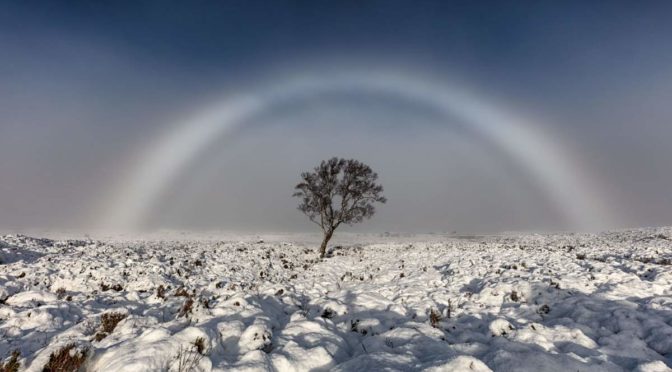

Some natural events are so rare, so strange, but amazingly beautiful at the same time. They even seem out of our world, and sometimes it’s hard to believe they truly exist. Here are a few of them, 10 stunning and rare natural phenomena.
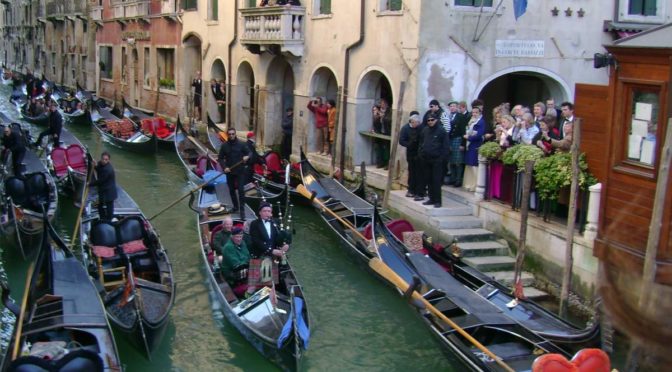
There are a lot of natural and human-made wonders in the world. But everything has an end, and sooner or later, they’ll be gone. Unfortunately, some of them will be vanished sooner, even in a few decades. Here are eight famous places to see before they have vanished, just in case you may want to see them before they are gone.
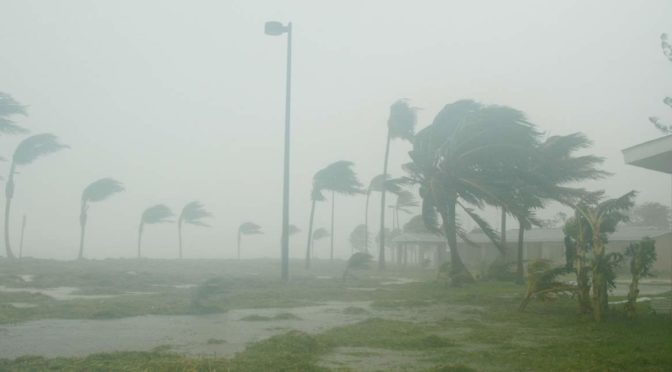
The Saffir-Simpson hurricane wind scale (SSHWS) is a 1 to 5 rating based on a hurricane’s sustained wind speed. The Weather Channel meteorologist Mark Elliot prepared a video titled “Why Hurricane Categories Make a Difference” and explained what each category means.

Have you ever wondered where the rainiest place on Earth is? Our planet is unique in the solar system, as it’s the only one known to have liquid water on its surface – essential for all forms of life. Rain is a vital part of the water cycle, which moves water continuously on, above, and below Earth’s surface. It also deposits much of the freshwater we rely on. Let’s explore the top ten wettest places on Earth, where rain truly reigns.
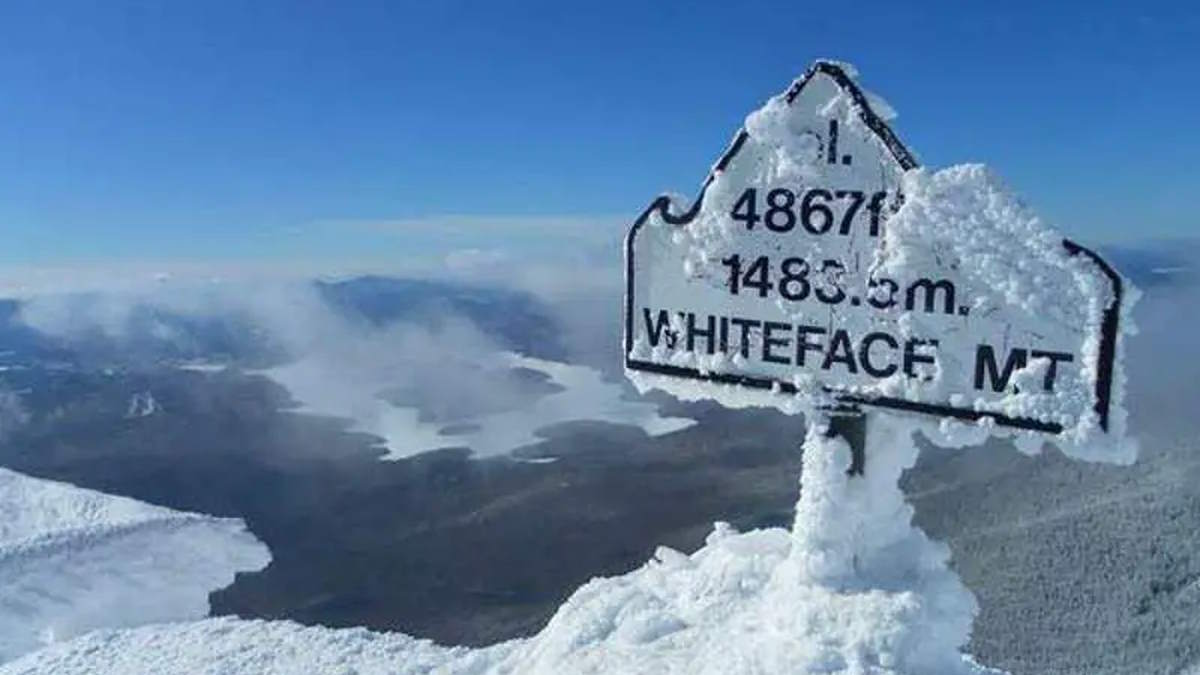
While New York City suffers the coldest Valentine’s Day in 100 years, as East Coast is hit with
With an elevation of 1,483 meters (4,865 feet) above sea level, Whiteface Mountain is the fifth-highest mountain in the U.S. state of New York. On Saturday night (February 13-14, 2016), the Arctic winds blew at 45 mph (72.42 km/h) at the summit, and according to the U.S. National Weather Service, it was actually colder than Antarctica on Sunday. It’s probably one of the lowest temperatures ever recorded outside of the poles of Earth.
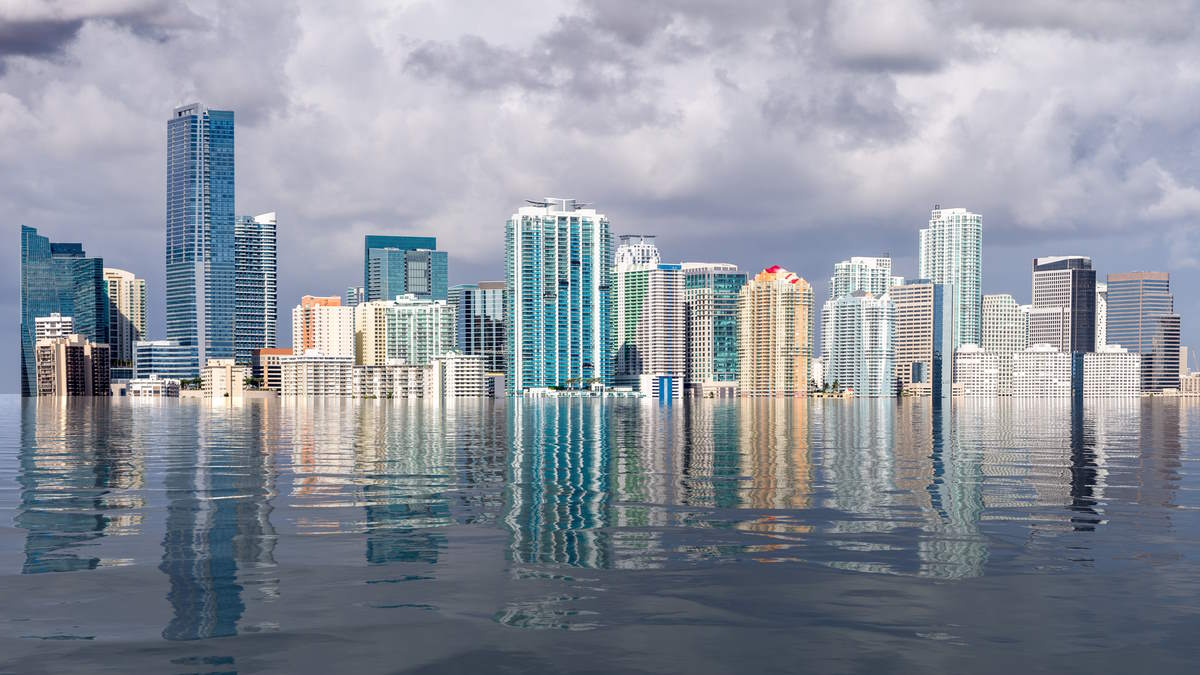
Our planet is getting warmer every year, and the horrible fact is, global warming is accelerating. As a natural result, the glaciers are melting at an increasing speed. What if all the Earth’s ice melted?
Almost 10% of the world’s land surface is currently covered with glaciers, mostly in places like Greenland and Antarctica. The amount of water locked up in ice and snow is only about 1.7 percent of all water on Earth (332,500,000 cubic miles, or 1,386,000,000 cubic kilometers), but the majority of total freshwater on Earth, about 68.7%, is held in ice caps and glaciers. And if all land ice melted the seas would rise about 70 meters (about 230 feet).
What if all this ice melted? What would Earth look like? Alex Kuzoian of Business Insider prepared a video showing the effects of the global melting, and if it happens, “this would dramatically reshape the continents and drown many of the world’s major cities.”

Earth has a mild climate that is conducive to supporting life, with most regions experiencing temperatures that are not too extreme. However, there are also areas that have incredibly hot or cold temperatures. From the blistering heat of the world’s deserts to the bone-chilling cold of the polar regions, our planet offers a wide range of environments. Here are the hottest and coldest places on Earth and what makes them unique.

The Earth is home to an incredible variety of landscapes, from lush tropical rainforests to snow-capped mountains. However, there are also places on our planet where rainfall is extremely scarce and the land is bone-dry. In this article, we will explore the top 10 driest places on Earth, from deserts to the harsh terrains of polar regions, and learn about the unique conditions that make them so arid. Let’s delve into the fascinating world of extreme dryness.